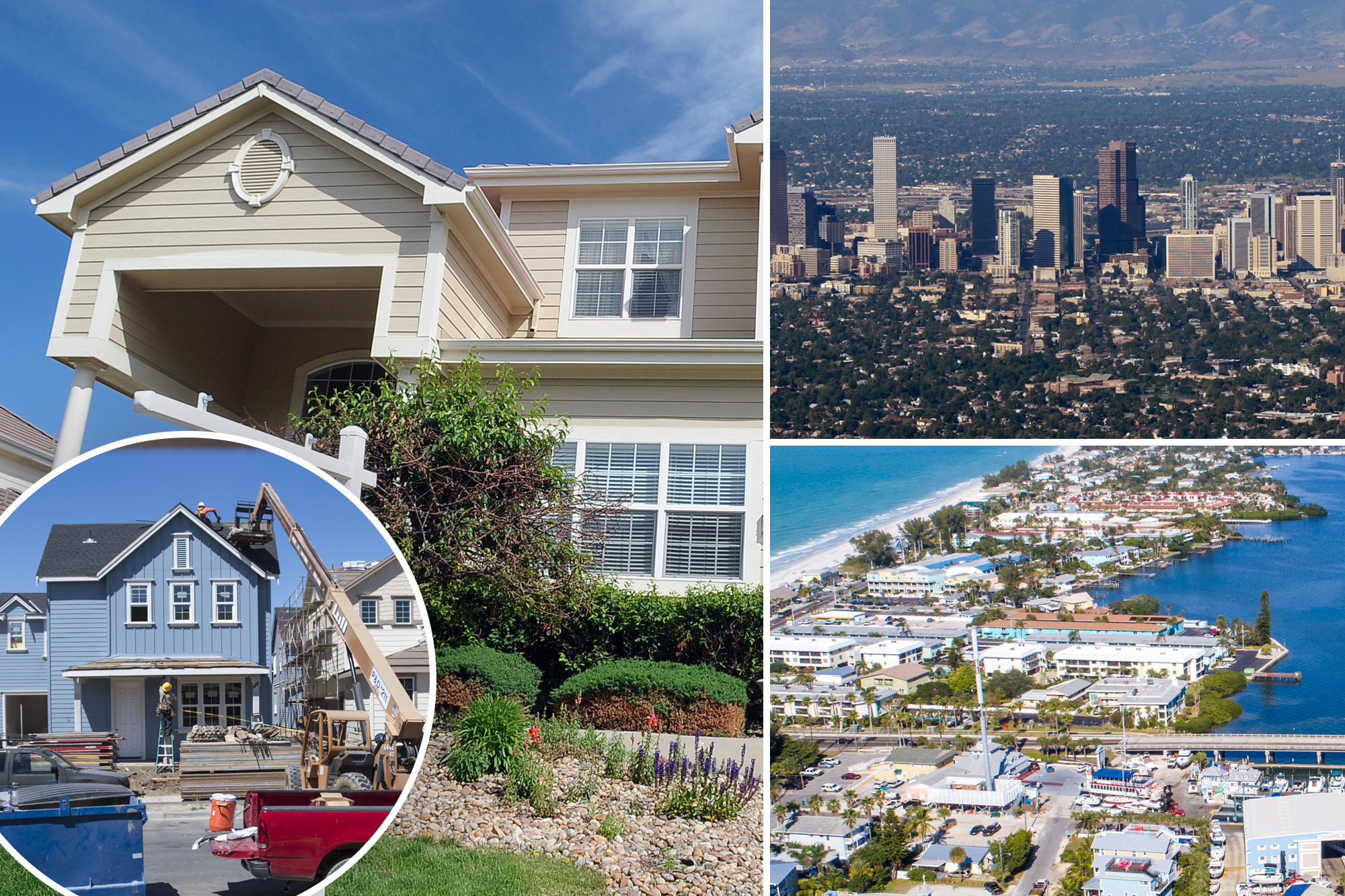I
n the heart of every city, commercial buildings stand as pillars of prosperity and progress. However, they also bear witness to the urgent climate imperative. The convergence of artificial intelligence with commercial real estate is transforming the industry, offering investors a profound catalyst for value creation, risk mitigation, and competitive advantage.
AI promises to drive operational efficiency and sustainability while enhancing asset desirability for both tenants and investors. Its growth in recent years has been exponential, expanding from $222 billion in 2024 to a projected $303 billion in 2025, with a compound annual growth rate of 36%. This surge is driven by advancements in market analytics and forecasting, chatbots and virtual assistants, property valuation and prediction, enhanced search capabilities, and increased automation in property management.
Buildings are responsible for nearly 37% of global energy-related carbon dioxide emissions. As regulation tightens and stakeholders demand greater transparency, the investment thesis for decarbonizing real estate assets has sharpened. Climate risk assessment and performance transparency have become central to capital allocation and asset pricing. AI-enabled platforms are unlocking a new era of data-driven investment, fundamentally altering how assets are valued, financed, and insured.
Valuation in commercial real estate has always been nuanced, balancing location, lease covenants, and market comparables against an evolving backdrop of risk and opportunity. Building performance metrics, such as energy efficiency, emission reduction, and resilience, are emerging as key differentiators. AI synthesizes vast datasets to model a building's current and projected Net Operating Income with unprecedented precision.
Sustainable, decarbonized, and green-certified buildings consistently achieve rental premiums, while those that fail to meet sustainability standards may experience a value reduction. Forward-thinking investors utilize AI-driven scenario analysis to stress test NOIs, accounting for regulatory penalties and the risk of stranded assets.
Leasing markets are not immune to these forces. Corporate occupiers are under pressure from stakeholders to decarbonize supply chains and achieve sustainability commitments. AI-powered analytics allow landlords and asset managers to demonstrate real-time energy and carbon performance at the building and suite level, offering tenants unprecedented transparency.
AI transforms property insurance and underwriting by providing insurers with granular data on resilience measures, retrofit investments, and operational performance. This streamlines underwriting and enables risk-based pricing, benefiting buildings that demonstrate measurable progress on emissions reduction and climate adaptation.
For financing professionals, AI opens new possibilities for underwriting, allowing lenders to assess the resilience, value-at-risk, and future competitiveness of assets based on real-time building sustainability performance metrics.
AI unifies fragmented decision-making processes, providing a single source of truth for asset performance and decarbonization potential. By integrating data across building systems, market comparables, regulatory frameworks, and financial models, AI empowers investment professionals to move beyond intuition and legacy heuristics.
The implications are profound: AI-driven retrofit investment planning is not just a compliance strategy but a blueprint for resilient value creation in a rapidly changing world. As investors increasingly price climate risk into asset valuations, those who can quantify and mitigate this risk stand to benefit from both top-line growth and bottom-line protection.
We stand at the threshold of a dramatic transformation. The fusion of AI and sustainable investment is no longer theoretical but industry practice. As AI platforms enable more precise, integrated, and forward-looking decision-making, the investment community is uniquely positioned to drive environmental impact and financial returns. This is the dawn of a new paradigm, where data and intelligence illuminate the path to sustainable prosperity.














